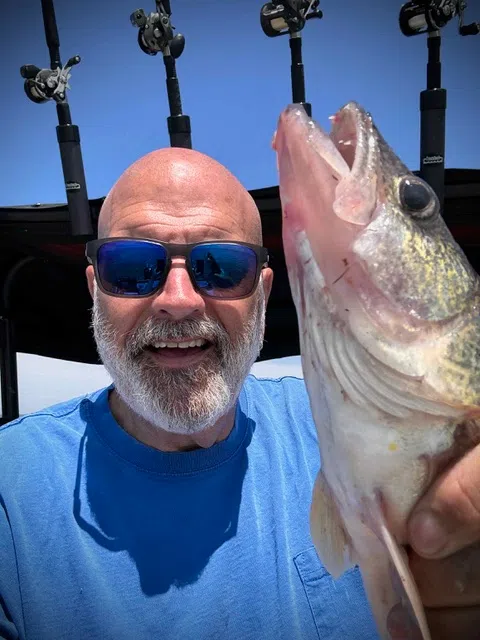By Andrew Goudsward
WASHINGTON (Reuters) -President Joe Biden’s son Hunter Biden may be headed for trial on criminal charges after talks on a potential plea deal reached impasse, the newly named U.S. Special Counsel in the case, David Weiss, said on Friday.
Moments earlier, U.S. Attorney General Merrick Garland elevated Weiss, the federal prosecutor who has been handling the case, to special counsel status, which would give him additional authority to continue his investigation.
Republicans in Congress have threatened an impeachment inquiry into unproven claims that Biden benefited from his son’s business ventures.
Weiss filed criminal tax and gun charges against Hunter Biden in June, but a federal judge rejected a proposed plea deal. Weiss said in a court filing on Friday that the two sides are at an impasse and a trial is likely.
Weiss, originally appointed to his position as U.S. Attorney for Delaware by Republican President Donald Trump, began investigating Hunter Biden in 2019. He was allowed to stay on during the Biden administration. His appointment as special counsel gives him more independence than federal prosecutors usually enjoy.
It is not clear whether the appointment is in response to political pressure from Republicans, or whether it signals a broader investigation of Hunter Biden’s business dealings that could lead to further criminal charges.
Weiss will produce a report when his work is done, Garland said, and the Justice Department will make as much of it public as is possible.
“The appointment of Mr. Weiss reinforces for the American people the department’s commitment to both independence and accountability in particularly sensitive matters,” Garland said at a news conference. He did not take questions.
Garland said Weiss had requested the appointment earlier in the week.
Republicans have accused the elder Biden of profiting from his son’s business ventures in Ukraine and China, though they have yet to produce any evidence of wrongdoing. House of Representatives Speaker Kevin McCarthy said in July that the chamber might launch an impeachment inquiry in the autumn.
The White House has dismissed those allegations as “insane conspiracy theories” and has said that Biden did not participate in his son’s business affairs. A years-long inquiry conducted by Weiss has not turned up any evidence that Hunter used his father’s political power for personal gain.
Hunter Biden, 53, has worked as a lobbyist, lawyer, consultant and investment banker and has said he has struggled with alcoholism and crack cocaine use.
Weiss charged Hunter Biden with failing to pay taxes in 2017 and 2018 and unlawfully owning a firearm while addicted to illegal drugs.
A federal judge in July rejected a deal that would have allowed Biden to plead guilty to the tax charges and avoid the gun charge.
Special Counsel Jack Smith has filed two criminal cases against Trump — one accusing him of trying over overturn his 2020 presidential defeat to Biden and a second that alleges he improperly took sensitive government documents with him when he left the White House and tried to prevent officials from recovering them.
Another special counsel, Robert Hur, is probing whether Biden mishandled classified documents after he left office as vice president in 2017.
Hunter Biden has been a focus of several Republican congressional committees.
One former associate told the House Oversight Committee that Hunter gave an impression that he emphasized his family ties while he was doing business in Ukraine nearly a decade ago, while his father was vice president. That witness, Devon Archer, said Hunter spoke with his father daily but said the conversations did not involve business dealings.
Trump also has frequently mentioned the younger Biden in an attempt to tar his father as the two gear up for a possible rematch in the 2024 presidential election.
A June Reuters/Ipsos poll found half of Americans, including 75% of Republicans and 33% of Democrats, believed the younger Biden received preferential treatment from Weiss. But most said that would not affect their vote next year.
(Additional reporting by Rami Ayyub, Jacqueline Thomsen and David Ljunggren; Writing by Andy Sullivan; Editing by Scott Malone and Alistair Bell)






